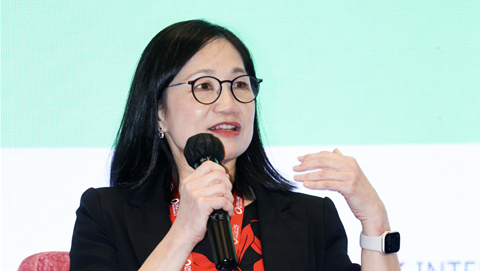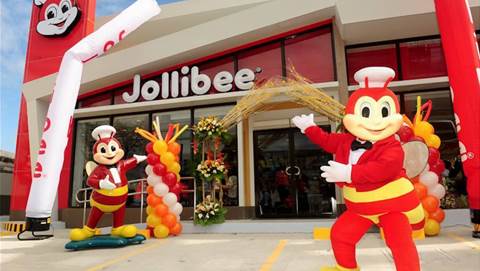Thailand’s largest conglomerate Charoen Pokphand (CP) Group's retail chain Lotus's has tapped Oracle to modernise its finance operations to increase productivity and achieve cost optimisation.
The retailer has moved its critical IT infrastructure, handling customer-facing and back-end operations, to Oracle Fusion Cloud Enterprise Resource Planning (ERP) to standardise and automate finance and procurement operations for better process control and data accuracy.
Lotus’s Head of Information Technology – Finance, Mall, Property and People, Thapat Soonthornnoppakun told iTnews Asia that the company aimed to increase productivity, reduce costs, and improve process governance and controls with the move to Oracle ERP..
Following the company's earlier success in implementing the SMART Retail solutions with Oracle Cloud Infrastructure (OCI) and Oracle Exadata Cloud@Customer, it decided to expand collaboration to the Oracle cloud ERP.
The firm had implemented SMART Retail plans, opening next-generation stores, and connecting offline stores with online platforms to offer an enhanced shopping experience, Soonthornnoppakun said.
Lotus's has opened new stores and refurbished existing ones to become "SMART Community Centres" to attract lifestyle customers.
With more than 2,660 stores across Thailand and Malaysia, Lotus’s said it relies on technology to enhance market competitiveness and improve customer service.
It has unveiled its SMART App, a one-stop mobile application that combines its rewards program and online shopping platform with artificial intelligence to deliver one-to-one level of personalisation.
Also known as Tesco Lotus, the firm had to move all its applications and servers due to rebranding after take over by the CP Group.
“To successfully meet such aggressive growth plans, we needed to modernise our finance and procurement operations,” he added.
The firm selected Oracle Cloud ERP as its key finance and procurement backbone application to replace the legacy financial management systems.
Challenges
Lotus’s uses a comprehensive set of enterprise finance and operations capabilities from the Oracle Cloud ERP including financials, costing, accounting hub, procurement, project management, enterprise performance management, risk management, subscription management, supply chain management and manufacturing.
Soonthornnoppakun said prior to the Oracle implementation, the company faced several implementation and integration challenges.
“We had to collaborate with the Oracle team to work on this heavy project in a tight timeline of one year,” he added.
"Moreover, it has been a difficult task for the firm to integrate all its front-end business processing systems into the new ERP, at the same time manage to achieve great data quality," he added.
With well-defined key priorities, requirements, implementation designs and integration plans, the company modernised its business processes in just three days, gaining real-time visibility of financial data with new reporting capabilities, Soonthornnoppakun explained.
Moreover, the retailer said it also improved remote management of its workforce that followed hybrid models.
Commenting on future plans, Soonthornnoppakun said they are planning to implement more automation tools over their strong foundation on financial and procurement operations.
“We like to focus on achieving tangible productivity and cost-efficiency benefits. We also want to enhance data analytics capabilities to improve speed and business agility,” he added.
%5b25%5d.jpg&w=800&c=0&s=1)








